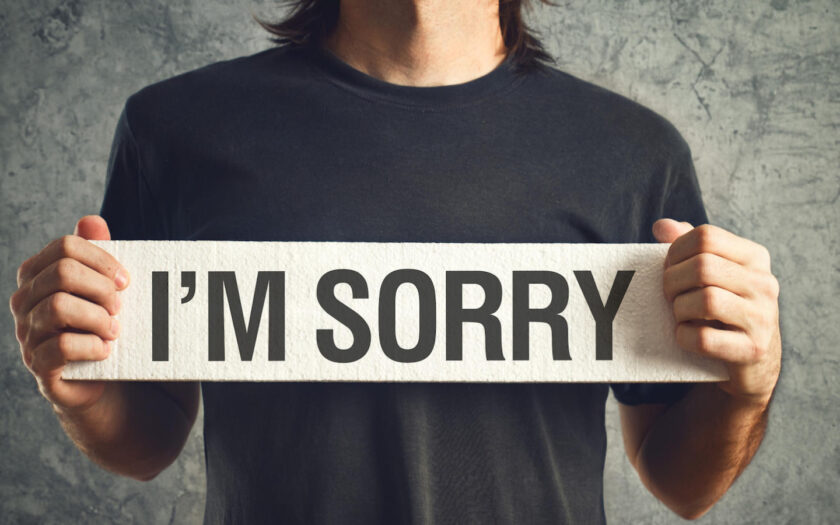Assertiveness is the ability to express your thoughts, feelings, and needs clearly and respectfully while standing up for your rights without infringing on others’. It is a key communication skill that strikes a balance between passivity and aggression, fostering healthy relationships and mutual understanding. Being assertive helps you set boundaries, handle conflicts effectively, and build self-confidence. Developing assertiveness involves practicing open dialogue, using “I” statements to convey your perspective, and maintaining a calm yet firm tone, ensuring your message is both heard and respected.
Almost everyone has, at some point, said or done something that hurt another person’s feelings. Sometimes it happens without meaning to, and other times you might say or do something unkind and regret it later.
When you realize you’ve hurt someone or broken their trust, it’s important to apologize.
When to Apologize
Here are some examples of when an apology is needed:
- If you hurt, tease, insult, yell at, or disrespect someone.
- If you lose or break something that belongs to someone else, even if it was unintentional.
- If you were unfair or overly harsh.
- If you did something you knew was wrong, like lying, posting hurtful comments, spreading rumors, or breaking a rule on purpose.
- If you didn’t do something you were supposed to, like keeping a promise or a curfew.
Do I Have to Apologize?
Admitting that you’ve done something wrong can be hard, even if it wasn’t intentional. It might seem easier to ignore it, make excuses, or hope the other person didn’t notice. However, it’s better to apologize.
How Apologizing Can Help
Apologies can strengthen and maintain good friendships. When you say “I’m sorry” and mean it, you can repair trust. Apologizing shows that you respect the other person’s feelings and that you value their friendship.
It’s also an opportunity for you to be honest, humble, and act with integrity. You learn that your words and actions can positively impact others and yourself.
How to Apologize
A good apology focuses on what you did, not on how the other person reacted. Keep it simple and straightforward:
- Acknowledge what you did: Say you’re sorry for what you did, even if it wasn’t intentional.
- Own your actions: Accept responsibility without trying to explain it away. Avoid excuses or justifications that take away from the apology.
- Express regret: Let them know you understand how it affected them and that you’ll try to do better in the future.
Does Apologizing Fix Everything?
It depends on the situation and your relationship with the person. Sometimes saying “I’m sorry” makes things better right away. Other times, it might take a while for the person to get over their feelings. They may need some time. However, a sincere apology allows you to feel good about trying to make things right.
When Someone Apologizes to You
When someone apologizes to you, you might be ready to forgive them and move on. Or, you might not feel like being friendly right away. If someone repeatedly hurts you and apologizes without changing, it’s okay not to spend time with them anymore.
Forgiving someone or accepting their apology doesn’t mean you approve of what they did. You don’t have to remain friends just because they apologized. Accepting an apology is up to you, and how you proceed is your choice.



